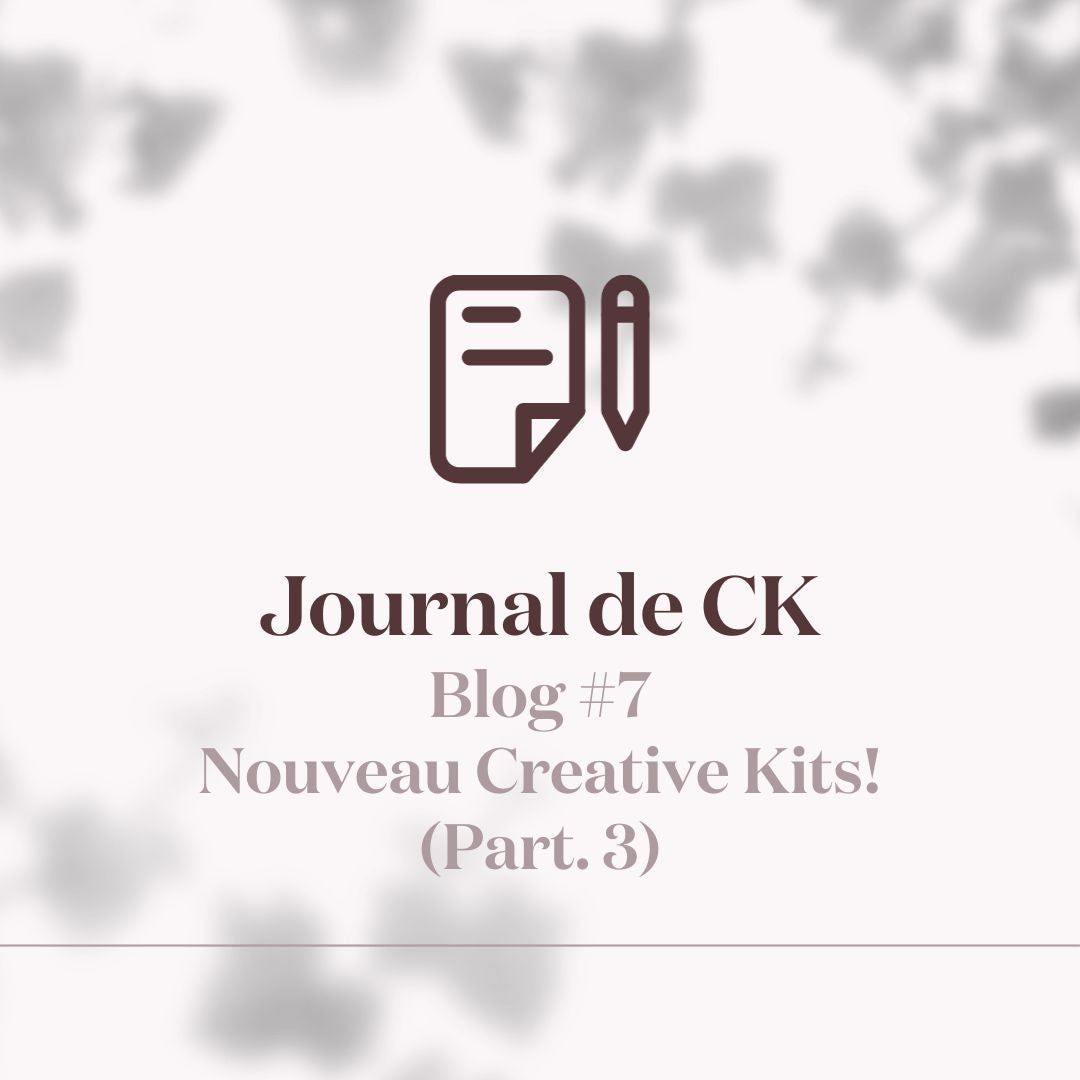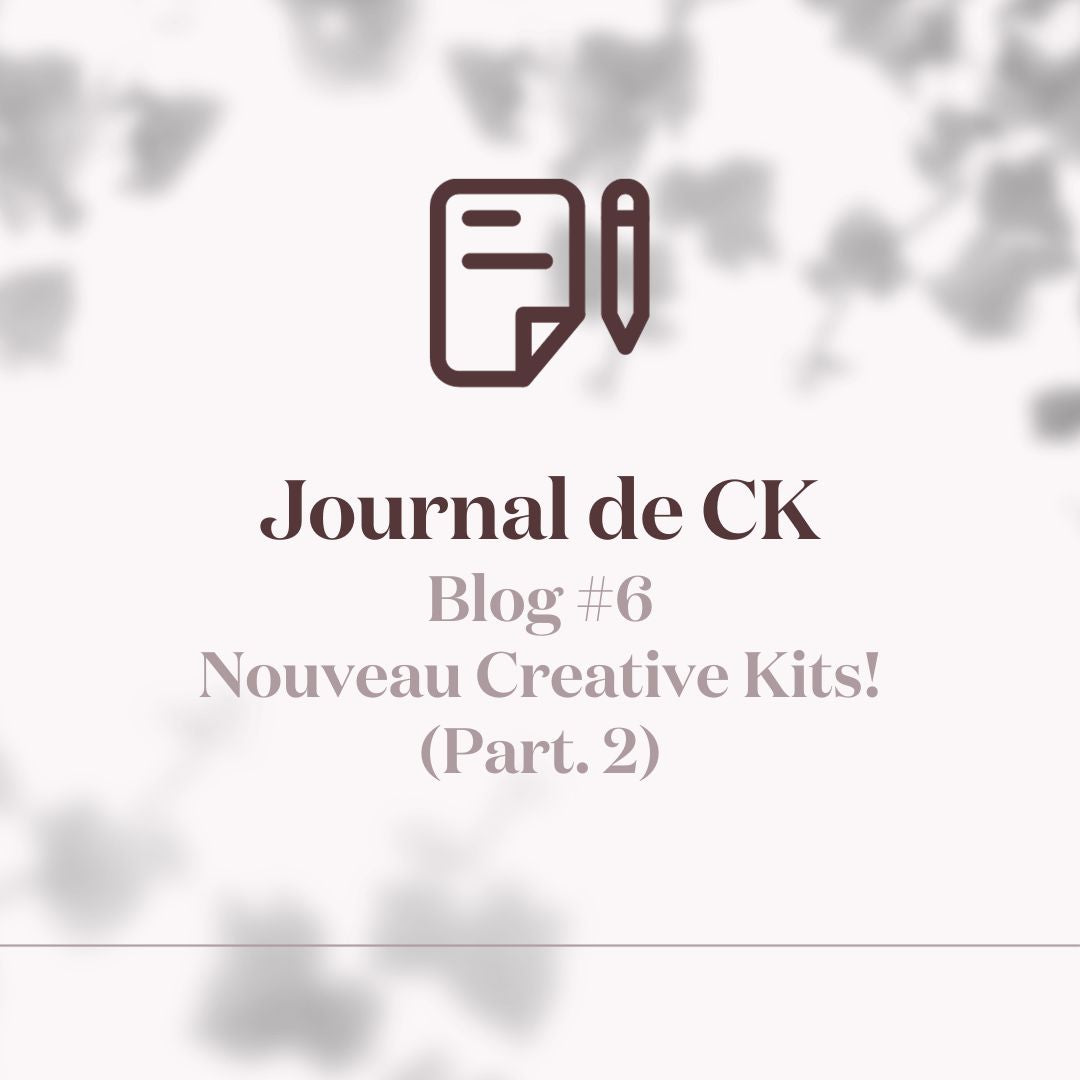Exploring "Studium" and "Punctum" in Photography: The Unseen Power of Visual Impact
I lately discovered the fascinating concepts of "Studium" and "Punctum." These terms, coined by renowned French philosopher and critic Roland Barthes in his seminal work "Camera Lucida," delve deep into the complex relationship between the viewer and a photograph. Before we dive into the intricate details of these concepts and what they encompass, I'd like to pose a fundamental question: Why do some photos touch us deeply while others leave us indifferent? Join me on this journey as we explore the profound impact of visual imagery and discover the hidden layers of meaning behind the lens.
The Power of a Photography
A photograph can evoke a multitude of emotions, from joy and nostalgia to sadness and contemplation. But have you ever wondered why you connect with certain images more profoundly than others? Roland Barthes provides us with valuable insights through his concepts of "Studium" and "Punctum."
Understanding Studium
The term "Studium" refers to the general, contextual aspects of a photograph. It encompasses all the elements that contribute to our initial, surface-level engagement with an image. When we look at a photography, we might appreciate its composition, colors, subject matter, and overall aesthetics. These are the aspects of the photograph that initially catch our eye and draw us in. Studium is, in essence, the "what" of a photograph – what we see on the surface.
Consider a stunning landscape image with vivid colours and a well-balanced composition, for example. The lush vegetation, the clear sky, and the expertly placed foreground and backdrop are the visual components of this image that give it its aesthetic appeal.
The Studium calls upon your knowledge, culture and to the many facettes that copose your personality. It is not linked to the technic used to produce the photograph. The Studium calls upon on what we are feeling.
The Impact of Punctum
While Studium represents the visible, Punctum delves into the invisible and subjective aspects of a photograph. Punctum is that elusive quality that pierces through the surface and resonates with our emotions on a personal level. It is the detail or element within a photograph that speaks directly to us, often transcending the photographer's intention.
Punctum can vary greatly from person to person. It might be a subtle expression on a subject's face, a hidden detail in the background, or a particular aspect that triggers a poignant memory. Punctum is deeply personal and emotional, and it has the power to make a photograph unforgettable.
Exploring the Personal Connection
Now, let's return to the initial question: Why are you touched or not touched by a photo? The answer lies in the interplay between Studium and Punctum. A photograph might have a strong Studium, appealing to a wide audience through its visual qualities, but it is the presence of Punctum that forges a personal connection.
When we look at a photograph, we bring our own experiences, memories, and emotions to the viewing process. Punctum is that intangible element that resonates with our individual histories, making a photo uniquely meaningful to us. It's what turns a mere image into a powerful story that speaks directly to our hearts.
Conclusion
The ideas of "Studium" and "Punctum" offer us a fundamental framework for comprehending why some photographs have the ability to impact us deeply. Punctum addresses the core of our emotions and personal experiences, while Studium only catches the aesthetics and visual appeal on the surface.
So, the next time you find yourself drawn to a photograph, take a moment to explore both its Studium and Punctum. Embrace the beauty of its composition, colors, and subject matter, but also search for that elusive detail or element that speaks to your soul. In this exploration, you'll discover the true magic of photography – its ability to bridge the gap between the seen and the felt, the Studium and the Punctum.





